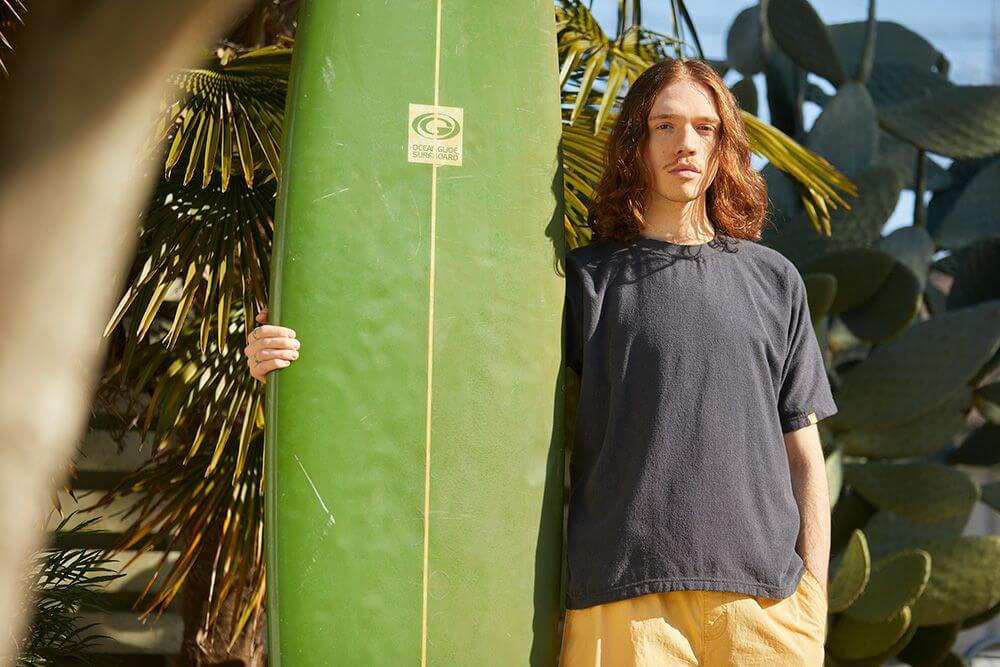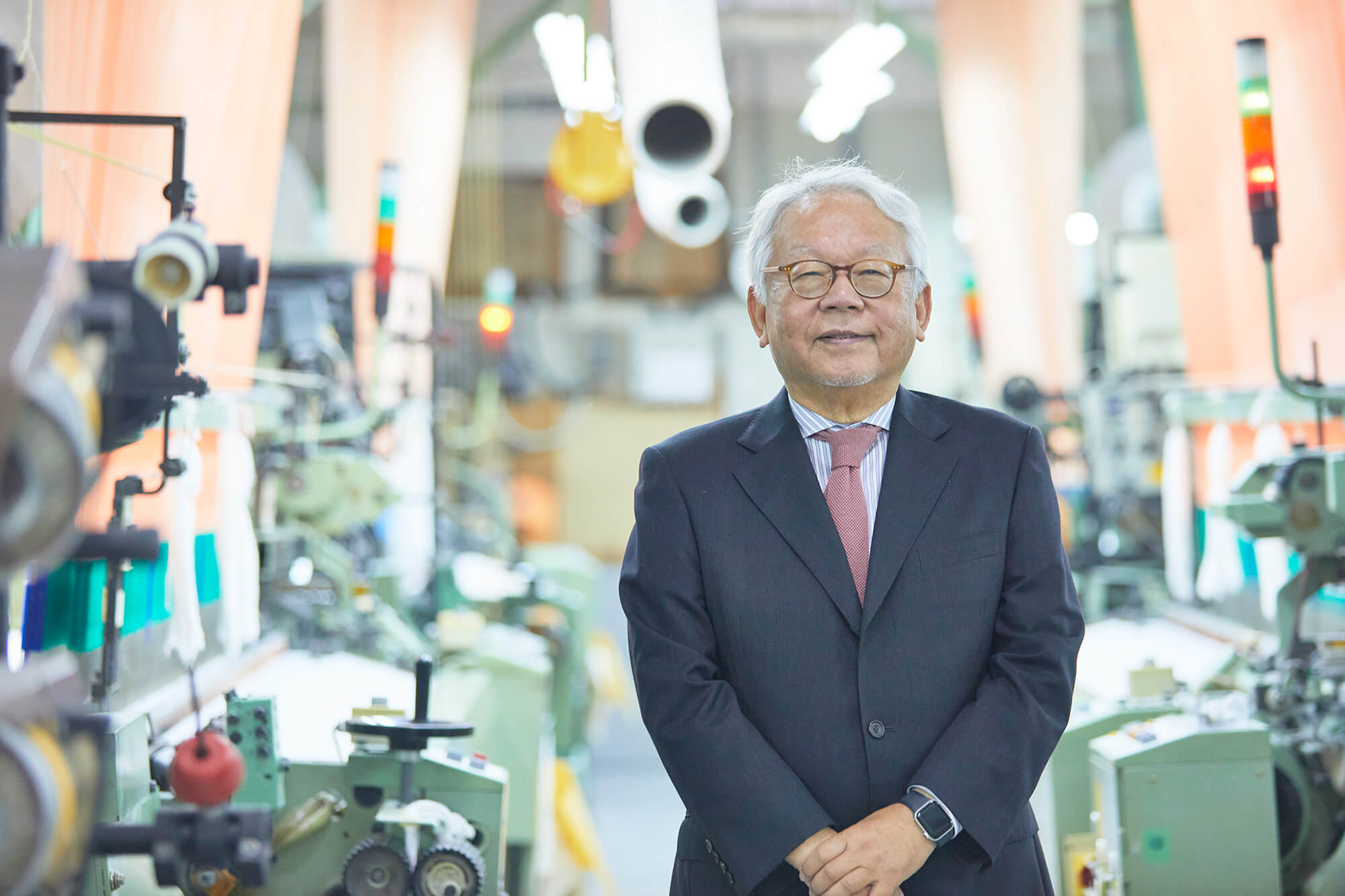タオルのお役立ちコラムやイケウチオーガニックの取り組みをご紹介いたします。
What is important before talking about the SDGs
2021.11.19
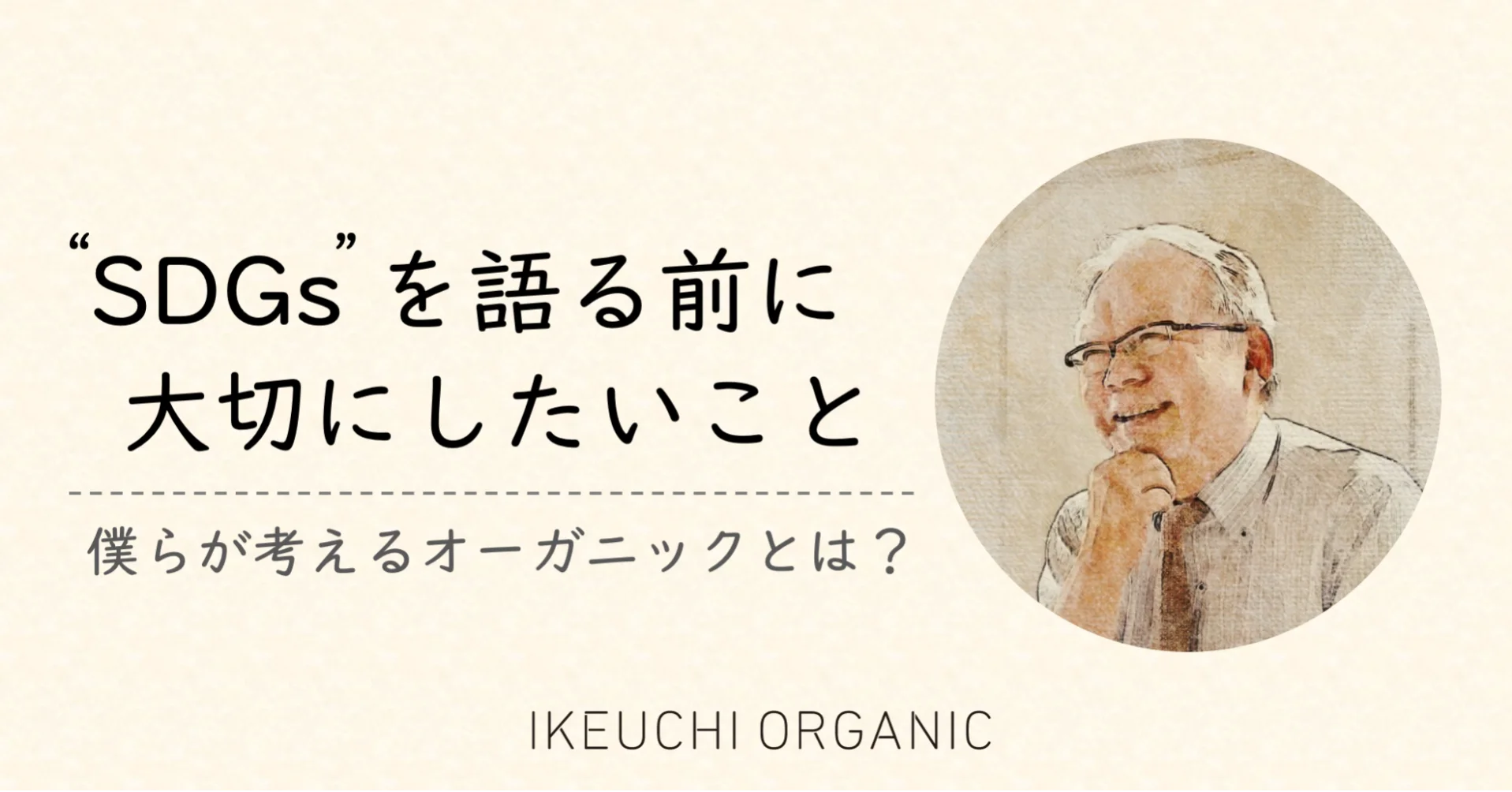
Table of Contents
My name is Ikeuchi, Representative Director.
In recent years, since the words “SDGs” and “ESG” have become so popular in the world, our company has received an increasing number of requests for interviews.
I am genuinely pleased that the widespread recognition of the SDGs has increased the awareness of society as a whole to think about issues such as the environment and human rights.
However, when I look at the world, I often feel uncomfortable that the SDGs have been incorporated into corporate marketing methods and used as an excuse for corporate activities.
When I see products that use words such as “organic” and “ethical,” I often wonder what they mean when they say “organic. I am suspicious of such words.
Why do I feel this way?
It may be because they are talking about sustainable activities based on only a part of the process in their corporate activities.
There is a notion in the world that “a company is environmentally friendly because it handles products with low environmental impact,” but I have long felt uncomfortable with this notion.
I have always felt uncomfortable with this way of thinking. Unless the company understands this and works to reduce its environmental impact, it cannot proudly claim to be making environmentally friendly products in the true sense of the word.
This is the reason why Ikeuchi has been using wind power for 100% of its electricity since 2002. In 1999, we obtained ISO 14001 certification, the international standard for corporate environmental measures, and have been striving to manage our business in a way that reduces our environmental impact.
However, we are still far from perfect.
As I wrote in a previous article titled “Avoiding ‘eco’ in appearance only,” some of our long-time fans have pointed out that they no longer feel that IKEUCHI ORGANIC is an “environmentally conscious company” since we became IKEUCHI ORGANIC. The main reason was excessive packaging.
The main reason for this was the excessive packaging, which caused a lot of waste when towels were purchased for gift-giving. In response to these comments, we have greatly reevaluated what is Ikeuchi’s typical packaging, such as making gift boxes lighter, cutting down on what is included in the packaging, and adding organic cotton furoshiki as a wrapping material.
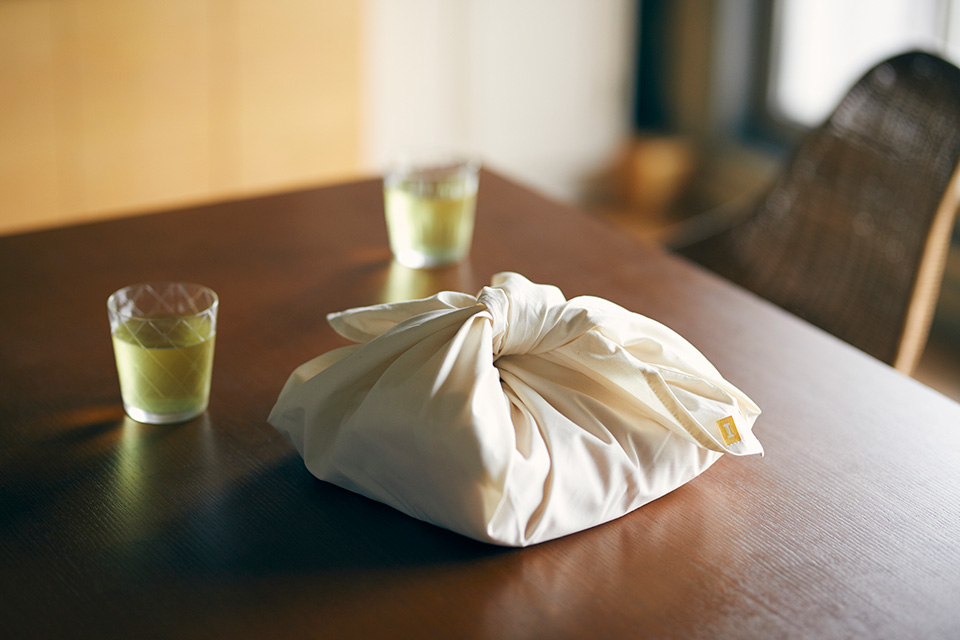
Looking back, it was 1999 when we released our first organic towel, “ORGANIC 120,” and declared “environmental consciousness” as a company. Since then, we have received various comments from many customers and people who are highly conscious of the environment and human rights.
I still recall the “Eco-Products Exhibition” (now known as “EcoPro”) in 2000.
At that time, it was a place where eco-enthusiasts from all over the country gathered to discuss issues, and not many small and medium-sized companies like ours exhibited. I attended the exhibition with my new product, “ORGANIC 120,” in hand, and was met with a strong baptism from the eco-enthusiasts there.
They asked me, “Why do you call your products organic, but dye them with chemical dyes?”
“Is it right that they use electricity generated by nuclear power?”
And why do they use fluorescent paint in their exhibit materials and not recycled paper in their pamphlets, even though they claim to be organic?
I had not studied hard enough, so I was in a sandbag-like state. By trying to respond to each and every one of these comments, both our products and our company were refined.
I often say in my speeches and interviews that “we have built our brand together with our customers,” but this is not a pretty story. We have been refined by the harsh comments of our environmentally conscious customers and eco-enthusiasts, and through a steady accumulation of improvements, we have created the brand we have today.
When I talk with our customers today, I find that many of them are highly conscious of the environment and human rights. I am amazed at the number of people, especially among the younger generation, who are learning a lot about the environmental impact of corporate activities and fair trade issues.
Even if you take advantage of the boom in environmental awareness, it is easy for customers to see right through it.
That is why I believe the key is dialogue.
We need to listen to our customers and take action after meeting with them. We also go to places where environmentally conscious people gather, and ask them to point out things that we can improve. I think it is important to continue these activities steadily.
At the same time, in order to communicate with customers, we need to make ourselves “open”.
We need to be able to track not only our products, but also our raw materials, from procurement to production, consumption, and disposal. By doing so, we need to be able to communicate to our customers how we are working to reduce the burden we place on society in terms of the environment and human rights in our business processes. We need to communicate this to our customers.
As part of this effort, Ikeuchi has introduced a system that allows customers to check the production process using QR codes attached to products.
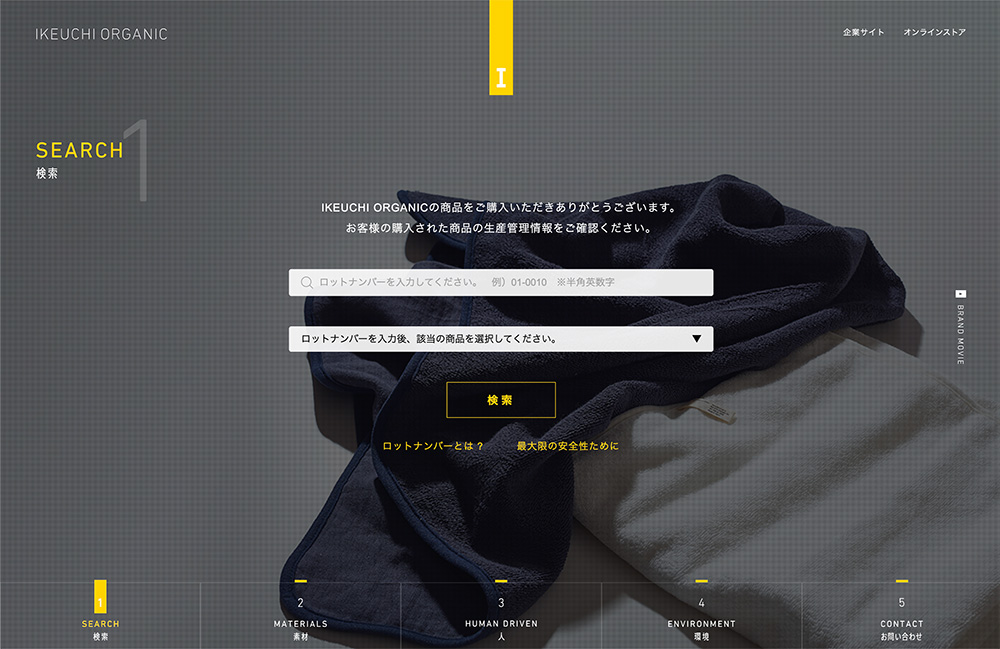
(▲) Traceability of products can be displayed by reading the QR code attached to the product or by entering the lot number on the above traceability public website.
Do not hide the core of the company.
I think this is important. No matter how much a company claims to be contributing to the SDGs, if the company’s core business does not change the burden it places on society, it is a complete failure. It is this core part of the company that should be open to the public and open to opinions.
With growing interest in and expectations of corporate social responsibility, more and more companies are seeking ways to reduce their social impact and provide products and services that contribute to solving social issues.
However, it is not so easy to proudly say, “We are an environmentally friendly company. It is the customer who decides whether the company is environmentally and human rights conscious.
We must open ourselves up to the public, engage in dialogue with our customers, and continue to make steady improvements.
We will continue to emphasize the importance of adhering to this policy before talking about the SDGs.
<Editorial assistance: Keiji Ide
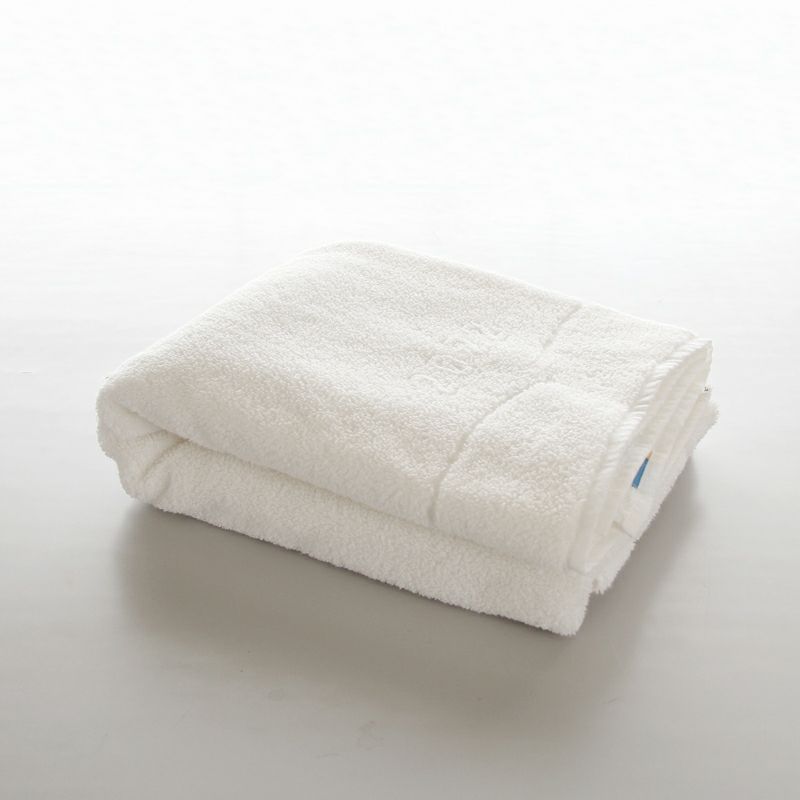
Article written by
イケウチオーガニック



